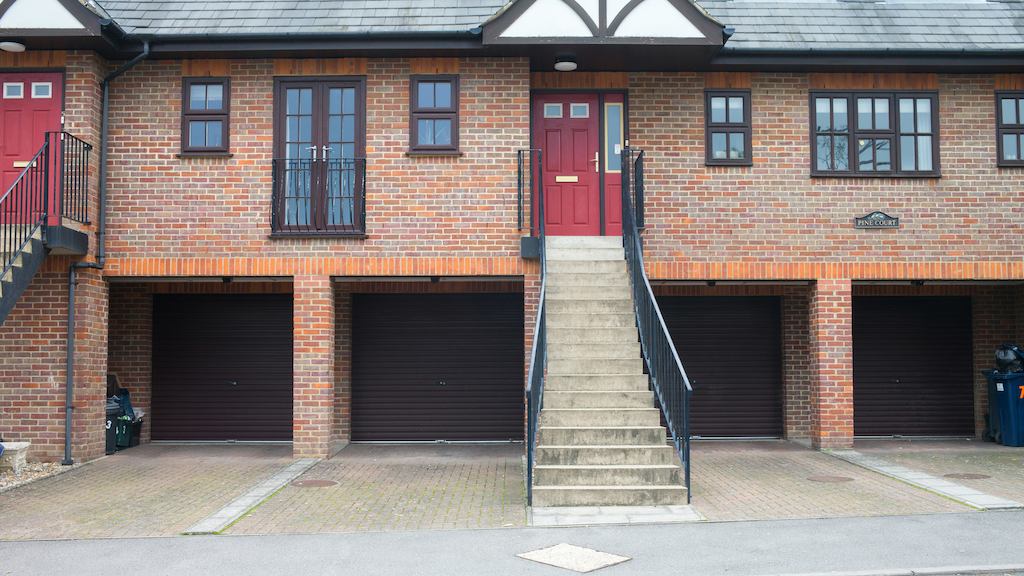The government commitment to introducing new minimum accessibility standards for new homes followed intensive campaigning from the Centre for Ageing Better and partners in the Housing Made for Everyone (HoME) coalition to champion the needs of older and Disabled people.
During the official consultation process, the coalition engaged with the development industry and housing associations to build a consensus about the benefits of homes that are inclusive and future proofed.
We all had high hopes that the necessary steps would then be taken so that by now we could be waiting on its imminent implementation. Sadly, those hopes were misplaced.
For the change in policy to be implemented, there needs to be a second phase of consultation on the issue, but this is yet to materialise.
Waiting for progress is something campaigners on this issue have considerable experience in. It is now four years on from the government’s first commitment to review accessibility standards and a shocking 15 years since the government developed a business case for why all homes should comply to a lifetime homes standard.
All this delay means a poorer quality of life for hundreds of thousands of people who are living in homes that don't suit their needs.
The biggest concern, however, is that it now seems unlikely that these changes will come into force before the disruption of the next General Election. And it is uncertain whether the next government will continue the slow progress made on this issue so far.
A year on from the announcement, our request to government remains the same. We want to see the next phase of consultation delivered as urgently as possible.
The government has a real opportunity to make this change and begin to address the terrible scarcity of accessible homes in this country, and most importantly to improve the lives and health outcomes of hundreds of thousands of people. For the current government, it is a huge opportunity to deliver on their manifesto promise to “make housing more affordable, accessible, and suitable for disabled people and an ageing population”. But the clock is ticking.

